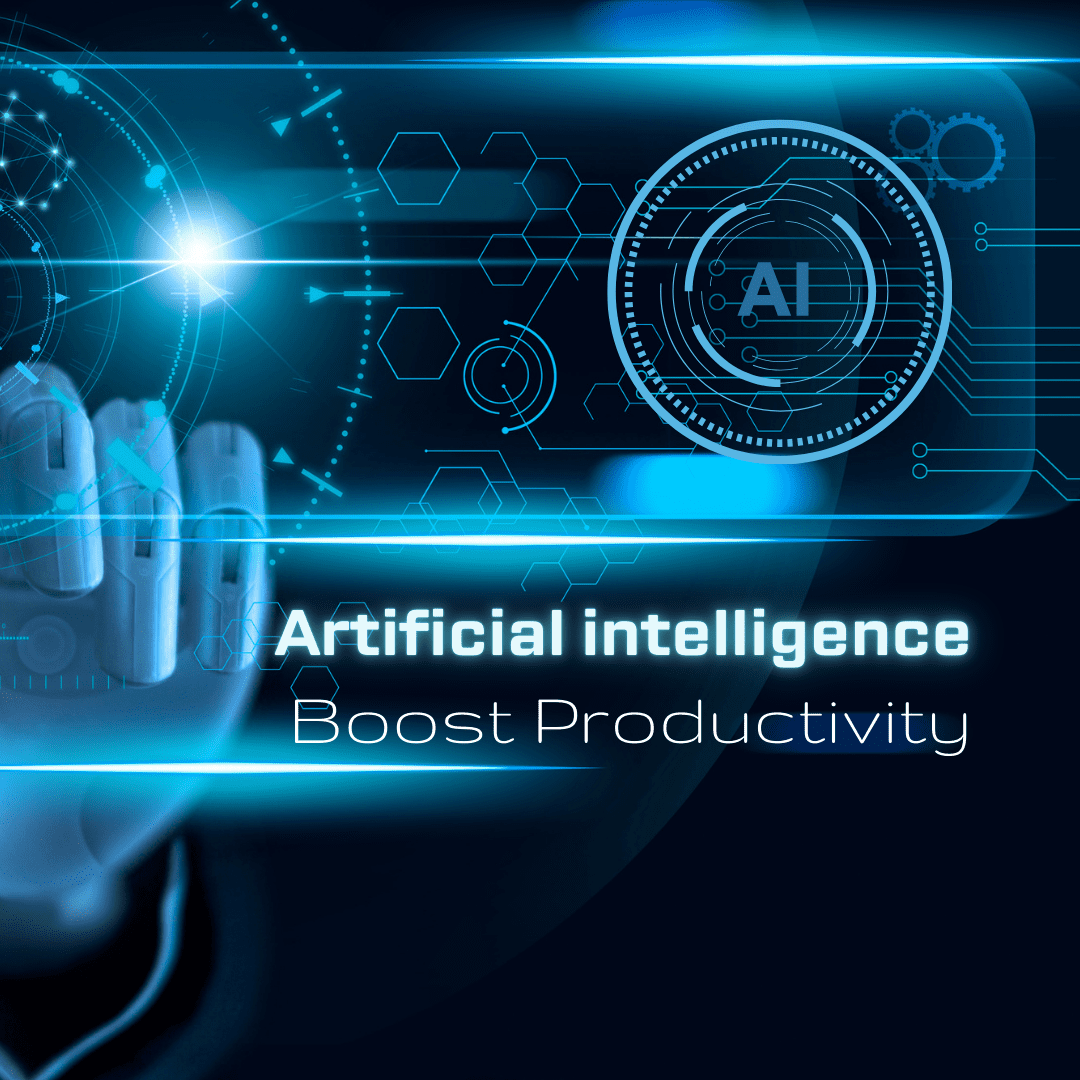Here is a surprise for each of you, artificial intelligence (AI) is present and growing within workers’ compensation. The concern for many is whether this is a good thing. Given the complexities of workers’ compensation, and with the understanding that this is simply one of many tools, it would be my opinion that yes, the use of AI is a good thing for workers’ compensation.
The reality is that the intersection of workers’ compensation and artificial intelligence is that our entire industry, if not the entire ecosystem, will be reshaped by the implementation of this tool. Issues such as increased efficacy with respect to comment repetitive tasks, and thus, improved accuracy and ultimately better outcomes should be forthcoming. In using each of the capabilities of this expanding toolkit, all participants within our sphere, including injured employees, insurance companies/employers, and the insured themselves will benefit.
I have spoken with a number of companies who believe that AI can automate many routine tasks, complete document reviews, and even conduct initial claim triage. This will allow for the human aspect to focus on more challenging and complex issues. There are several organizations using algorithms in an effort to detect fraud and mitigate unnecessary losses. These algorithms can also conduct predictive analytics, another key tool implemented in the workers’ compensation process.
The producers/proponents of individual AI claim a faster claim resolution by automating and streamlining the entire claims process, thereby reducing these mundane tasks, and achieving a better outcome for the injured employee. Additional claims are made that there will be enhanced decision-making.
Personally, I disagree with that position, as the human experience would be necessary to incorporate all the tangible and intangible or emotional factors that may compromise clinical outcomes. I believe the jury is still out with regards to AI establishing personalized care, this borders on an inappropriate practice of medicine. Take a look at all the pushback we get for simply undergoing a preauthorization protocol to ensure that the treatment being rendered is clinically indicated, clinically supported, and is the best possible care for the injured individual. This particular aspect requires the use of a skilled clinician, and I do not believe can be left to a series of 1’s and 0’s.
As you can see, the implementation and utilization of artificial intelligence can assist workers’ compensation professionals at every level. From the mundane tasks at the beginning of every claim, through complex decision-making and high-level review of the data can be approached in a more comprehensive and expeditious manner.
However, while I am endorsing this as a tool, it is not an end-all/be-all for not doing your job. Applying good common sense, and your personal experience with the workers’ compensation process is paramount to successful claim file handling.
Having recently watched (for the umpteenth time) repeats of the Terminator movies, the human touch offered by T-800 (who will always be baaack), will not be present in the platforms currently being produced. It will take the insight of a well-trained, skilled workers recovery professional to ensure all appropriate care, and the best possible treatment, is rendered to the injured individual.

